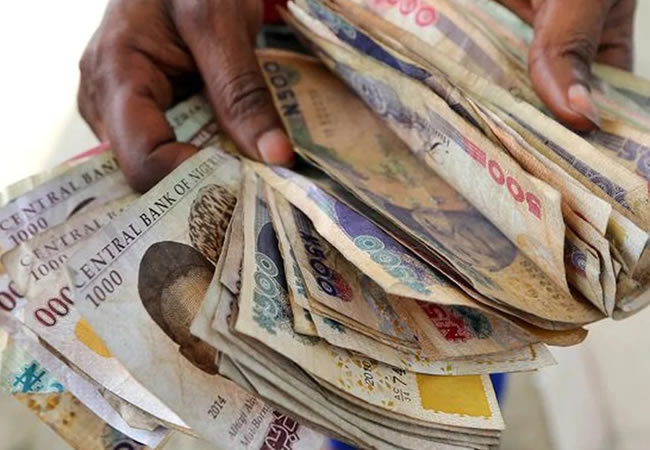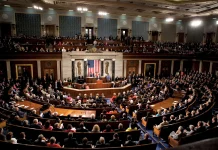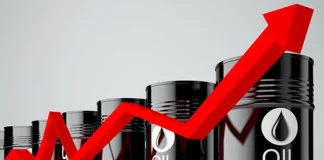The Naira fell by 4.72% in the official market, closing at N878.57 to the US dollar from N838.95 the previous day. The local currency has been increasing and losing value on foreign markets, with the hope that the proper official rate will reach N1000 in 2024.
The problem is that the Central Bank of Nigeria (CBN) has ceased forex market intervention, and the move looks to leave the local currency sensitive to market forces – demand has remained higher than the total volume of foreign currency available.
Following the announcement of newly disbursed AfreximBank oil-backed loans, the currency rate recovered value. The currency rate had passed the red line, but its movement has always been considerably more predictable during the last few months since CBN left the forces of demand and supply to fix price. It is unclear whether the apex bank is going to stay permanent.
Nigeria plans to access foreign loans to support its 2024 spending plan after more than N7.5 trillion in borrowing from the local debt capital market last year. Analysts believe external borrowing is going to push balance sheet funding costs higher after persistent interest rate hikes across the global market.
The nation’s external reserves hover around $33 billion despite daily oil sales and announcements that volume production has improved. Some market critics and economists have been uncomfortable with the Nigerian National Petroleum Corporation Limited’s performance.
The erstwhile state oil company that recently undergoing transition into a Limited Liability Company has been unable to boost foreign reserves from US dollar income. NNPC management has however been unable to answer public questions on where are all the foreign currency income.
In the parallel market, the Naira traded weak on Tuesday, closing at N1,300 against the US dollar as forex demand began to gain traction across the black market. Analysts said January imports would have a run on exchange rate in the black market, thus widening the gap between official and parallel market rates.
FX spreads had peaked at 45%, creating an opportunity for currency speculation in the economy.
Investment firm CardinalStone Partners predicted that the official exchange rate will hit N1000. The CBN undertook some recent policy changes which the firm views as steps in the right direction to resolving the country’s exchange rate dilemma.
In 2023, the apex bank lifted an 8-year restriction on 43 items banned from sourcing FX at the official window and collapsed multiple official FX windows with the re-introduction of the willing buyer-seller module. The CBN also took steps to clear part of the existing FX backlogs.
“If continuous implementation persists, we expect these policies (in conjunction with other variables such as increased interest rate environment and improved macroeconomic outlook) to improve Nigeria’s attractiveness as an investment destination for foreign capital in the medium to long term”.
In the global commodity market, pressure on crude oil trading has continued amidst Red Sea attacks and geopolitical unrest. Details from the market showed that West Texas Intermediate (WTI) crude futures declined by 0.57% to $72.20 per barrel. Also, the Brent Crude declined by 0.15% to close at $78.03 per barrel.












